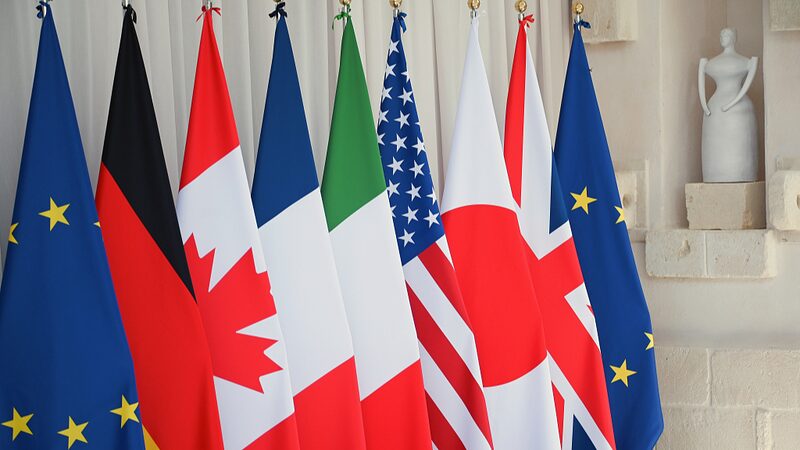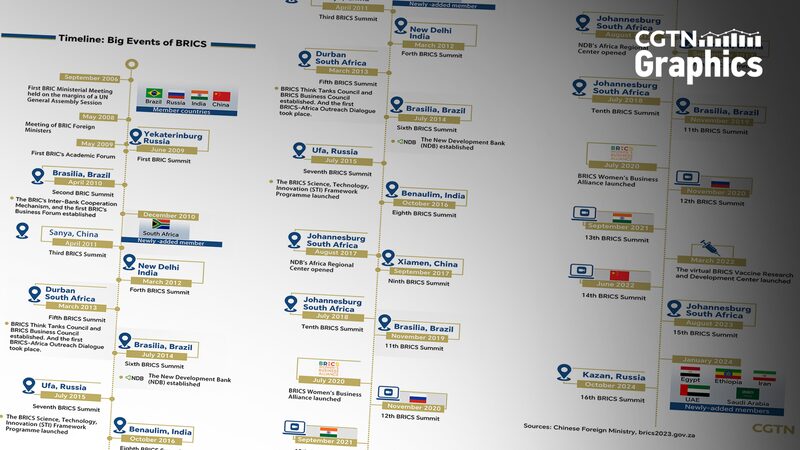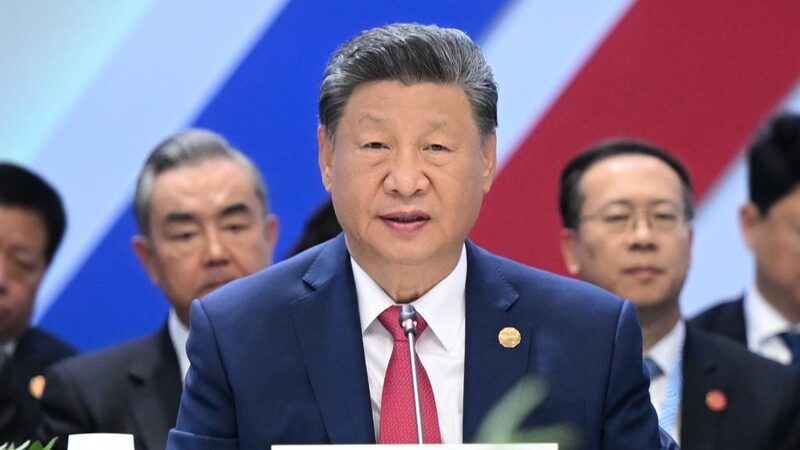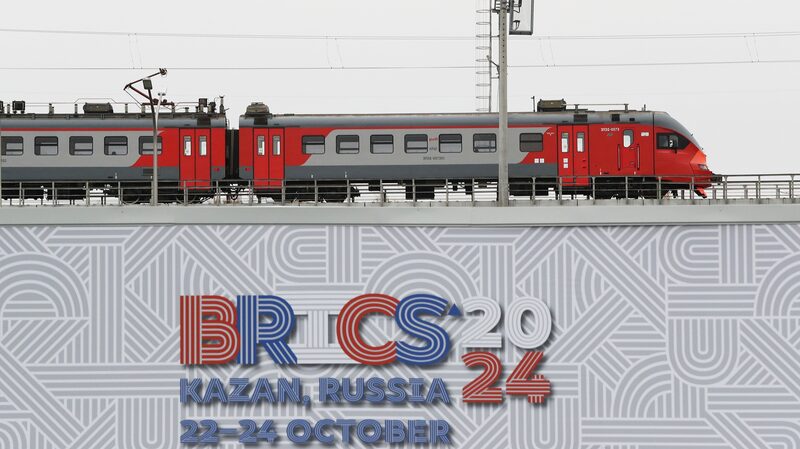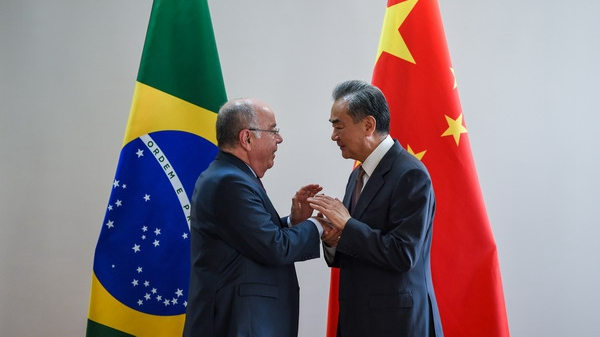The Group of Seven (G7) nations convened in Apulia, Italy, this week amidst significant shifts in the global economic landscape. Once representing the world’s most powerful economies, the G7 now faces challenges to its influence as emerging economies gain prominence.
China and Russia, not members of the G7, have ascended to become two of the world’s largest economies. Their absence from the group raises questions about the G7’s ability to address global economic issues effectively. Meanwhile, countries from the Global South are increasingly asserting their interests and forming alliances such as BRICS (Brazil, Russia, India, China, and South Africa) and the Shanghai Cooperation Organization. These groups emphasize political trust, mutual cooperation, and inclusivity, offering alternative platforms for international collaboration.
The expansion of BRICS signals a shift toward a more multipolar world. With several nations expressing interest in joining, BRICS is playing a growing role in promoting global economic stability and development. In contrast, the G7 faces internal challenges, including political turmoil among member nations.
Several G7 leaders are confronting domestic political difficulties. Elections and declining public confidence have put leaders in France, Germany, and the United Kingdom under pressure. Additionally, the United States is approaching a contentious election cycle. These internal challenges may impact the cohesion and decision-making capabilities of the group.
At the summit, discussions centered on pressing global issues, including ongoing conflicts and economic policies. The G7 nations addressed the situation in Ukraine, expressing concern over regional stability. Economic topics included debates over production practices and market dynamics, with differing perspectives among member countries.
Acknowledging the evolving global context, Italy extended invitations to 12 non-G7 leaders to participate in the meeting. This move reflects a recognition of the importance of engaging with emerging economies and fostering inclusive dialogue on international affairs.
The Apulia summit underscores the need for traditional economic powers to adapt to a changing world. As new alliances form and the economic influence of emerging nations grows, the G7 faces the challenge of remaining relevant and effective in addressing global issues.
Reference(s):
cgtn.com
